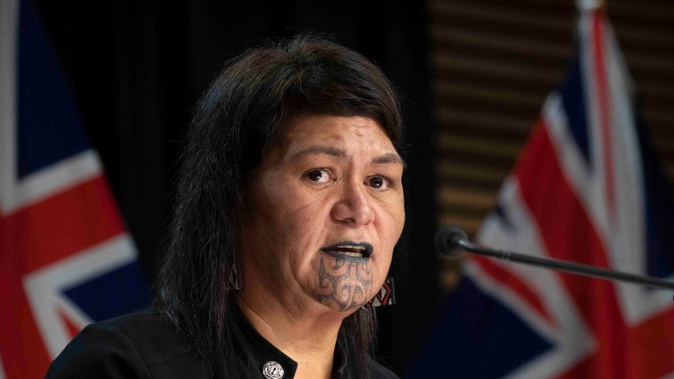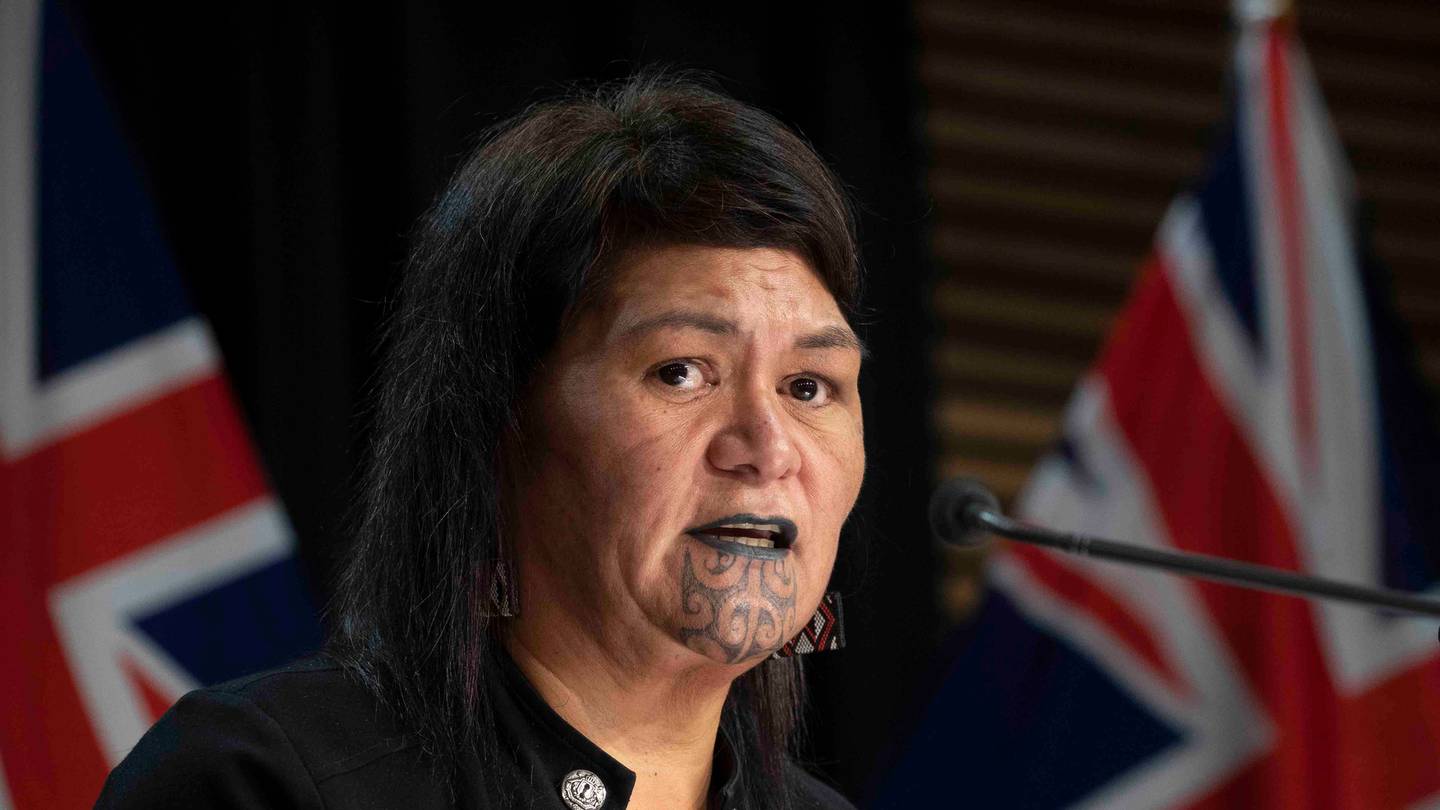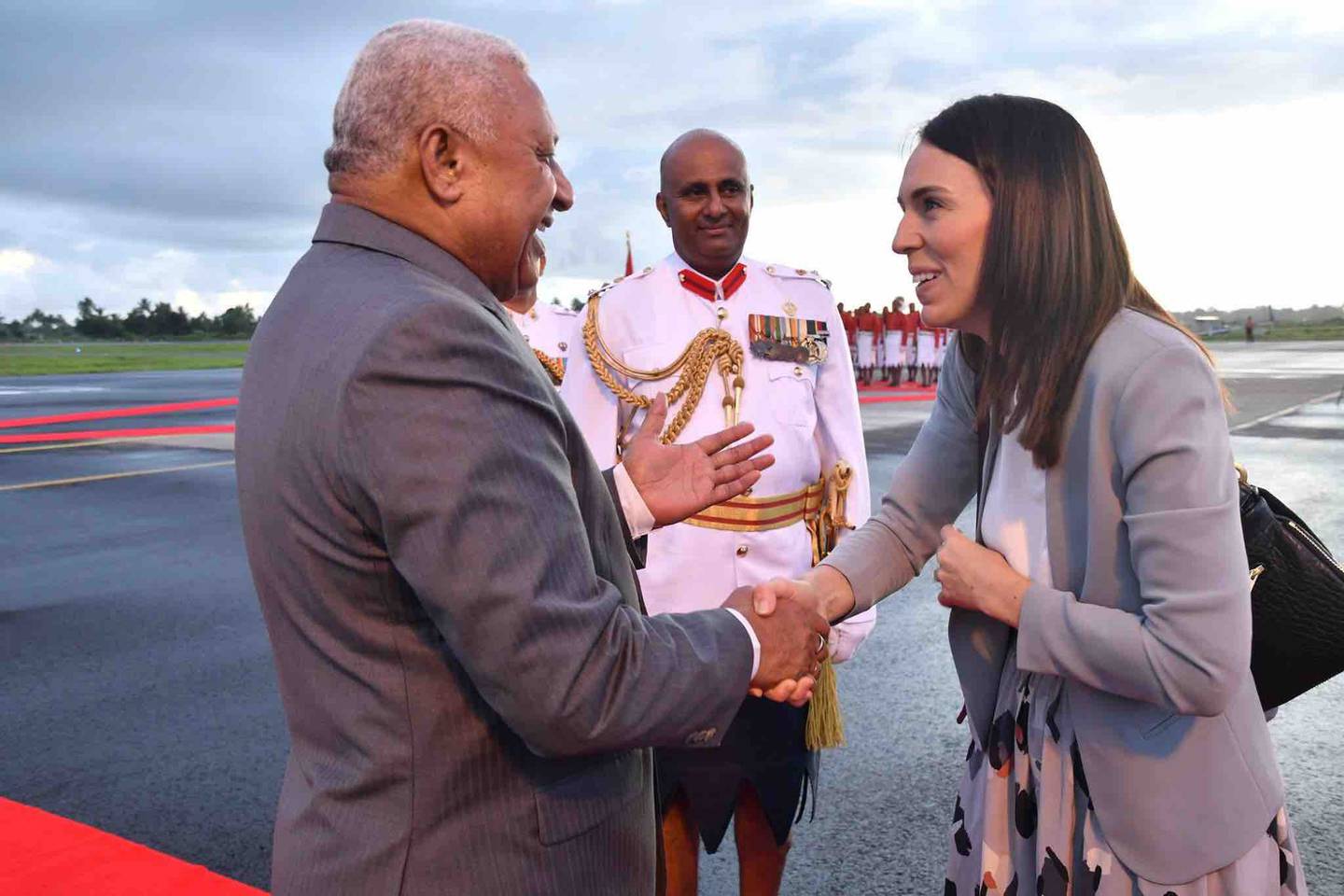
New Zealand soldiers and police officers will remain in the Solomon Islands as the Foreign Minister warns China's proposed security pact with the Pacific Island nation risks "destabilising" the region.
Nanaia Mahuta today announced the New Zealand Defence Force (NZDF) and police deployed in the Solomon Islands following the civil unrest in the capital Honiara in late 2021 will continue.
It comes amid reports of a police security pact and wider security memorandum, leaked to social media, indicating Beijing could be allowed to deploy forces there.
Those forces could include police and military personnel, ostensibly to protect Chinese personnel and projects.
Mahuta said the proposed agreement with China "while within Solomon Islands' sovereign rights risks destabilising the current institutions and arrangements that have long ensured the Pacific region's security.
"Given this would not benefit New Zealand or our Pacific neighbours we will continue to raise our strong condemnation of such agreement directly with the countries involved."
Mahuta said ensuring the regional security of the Pacific region was a priority for the Government, and it would continue to play its part.
Five soldiers would remain in the country as part of an ongoing arrangement, to be reviewed on May 31, along with four police officers.

Foreign Affairs Minister Nanaia Mahuta. Photo / Mark Mitchell
The soldiers would continue as part of the Solomon Islands International Assistance Force (SIAF), Minister of Defence Peeni Henare said.
"The Four New Zealand Police personnel will continue to work alongside the Royal Solomon Islands Police Force as part of our long-standing programme of advisory support to community policing and crime prevention."
Henare spoke last week with Fijian Prime Minister Bainimarama and said Fiji's Minister of Defence Inia Seruiratu underlined the importance of co-operation.
The December 2021 deployment came after a Solomon Islands government request amid riots and looting in the capital Honiara in November.
The deployment joined personnel from Australia, Fiji and Papua New Guinea to support the Royal Solomon Island Police Force in restoring security in Honiara.
Hundreds of New Zealand police previously served under the Australia-led RAMSI mission responding to civil unrest from 2003 to 2017.
Mahuta today met the Fijian Prime Minister where the Solomon Islands security issue was expected to be on the agenda.
In 2019, the Solomon Islands government withdrew its recognition of Taiwan and switched allegiance to Beijing.
Deadly riots erupted in the capital city of Honiara in November last year.
Domestic political tensions over China were a factor in the riots, and the city's Chinatown was severely damaged.
Honiara is less than 1800km from the Queensland coast, and Australian Trade Minister Dan Tehan told the ABC they were worried the document could undermine the sovereignty of the Solomon Islands.
The security pact is likely to also concern the United States, which said in February it planned to open an embassy in the Solomon Islands, citing concerns China wanted to create military relationships in the Pacific islands.

Fiji's Prime Minister Frank Bainimarama with New Zealand Prime Minister Jacinda Ardern in Suva in February 2020. Photo / Supplied
New Zealand's Defence Assessment 2021 warns of risks associated with China's military ambitions in the Pacific, alongside a range of other countries, including the United States.
The assessment warns the "most-threatening" potential development included a military base of dual-use facility being established by "a state that does not share New Zealand's values and security interests".
"Such a development would fundamentally alter the strategic balance of the region," the assessment stated.
"In addition to crowding out access to limited Pacific infrastructure, such a military facility would enable a greater quantity, quality and diversity of military capabilities to operate in and through the region, as well as potentially supporting grey zone and other activities counter to New Zealand's interests."
The assessment also warned of military-backed competition for resources, confrontation and competition among powers.
Defence analyst Paul Buchanan said the leaked document suggested the Chinese could establish a forward operating base - a functioning, secured base used to conduct further operations.
"The Australians are freaking out about it," he said.
The leak prompted speculation the Chinese could dredge a deep-water port or upgrade an existing port to accommodate warships.
'If you have forward-deployed boats then you can intimidate people, you can go to Vanuatu, you can go to Tonga," said Buchanan, director of 36th Parallel Assessments.
"In the big picture, it's bringing hard power strategic competition into the Southwest Pacific, so that could be of concern to all peace-loving countries," Buchanan added.
He said it would also be of concern to New Zealand if China established a foothold further east, say in Fiji.
"Then basically the Chinese will have the ability to straddle the most important checkpoints in the southwest Pacific."
Buchanan said any Chinese assurances about limiting Solomons deployments to police would have to be treated with scepticism.
He said this was because Beijing had already militarised or occupied parts of the disputed Spratly Islands and Mischief Reef in the South China Sea.
"Unfortunately, the Chinese track record is such that New Zealand and its allies have ample reason to not take their word."
Buchanan said the trilateral AUKUS security pact would be influencing Chinese strategy.
The UK-US-Australia pact would supply Australia with technology to acquire nuclear-powered submarines.
The nuclear-powered vessels have a vastly superior range to conventional submarines.
Take your Radio, Podcasts and Music with you









